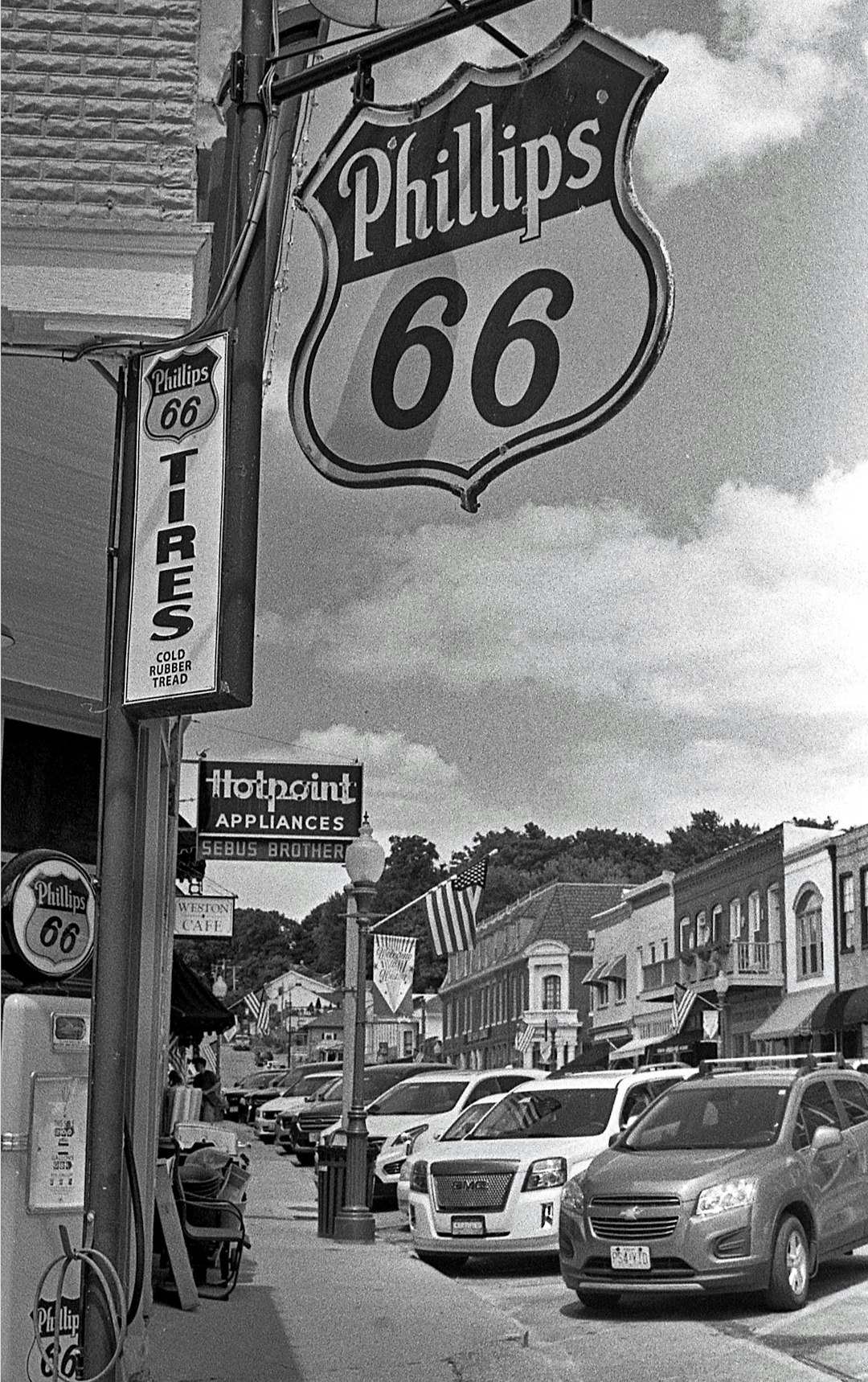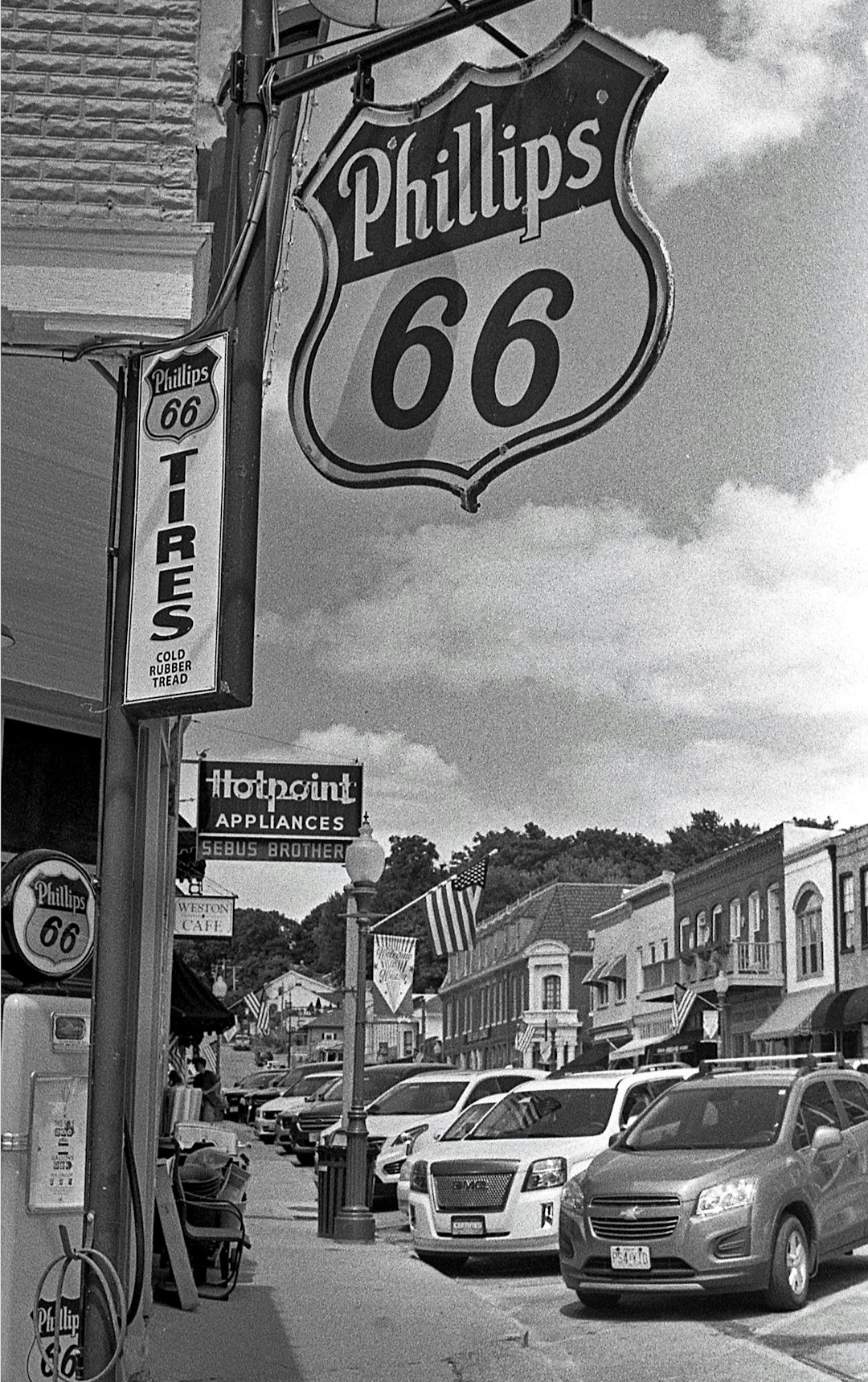Maryland's Telephone Consumer Protection Act (TCPA) strictly regulates telemarketing, especially robocalls, with heavy fines for non-compliance. Businesses need a lawyer specializing in TCPA Missouri to ensure they follow rules regarding call consent, content, and do-not-call lists, protecting consumers and avoiding legal trouble.
In the age of relentless robocalls, understanding telemarketing regulations becomes paramount. Maryland, like many states, has stringent laws in place to protect consumers from unwanted calls, notably the Telephone Consumer Protection Act (TCPA). This article delves into Maryland’s telemarketing landscape, examines the TCPA’s relevance, and explores compliance strategies for businesses navigating this complex terrain. For Missouri residents seeking guidance, finding a lawyer specialized in TCPA law can be crucial in ensuring regulatory adherence and protecting consumer rights.
Understanding Telemarketing Regulations in Maryland

In Maryland, telemarketing regulations are governed by the Telephone Consumer Protection Act (TCPA) and other state-specific laws. These rules aim to protect consumers from unwanted phone calls, ensuring that businesses engage in ethical marketing practices. The TCPA imposes strict restrictions on automated or prerecorded calls, often referred to as robocalls, to residential telephone lines. Businesses must obtain prior express consent from recipients before initiating such calls for marketing purposes.
Maryland’s regulations also cover the content and delivery of telemarketing messages, including do-not-call lists and the handling of consumer complaints. Violations of these rules can lead to significant fines, making it crucial for companies to adhere to the TCPA guidelines. A lawyer specializing in TCPA Missouri can provide valuable insights and assistance to businesses navigating these complex regulations, ensuring compliance and mitigating potential legal risks associated with robocalls.
The Telephone Consumer Protection Act (TCPA) and Its Relevance

The Telephone Consumer Protection Act (TCPA) is a federal law designed to protect consumers from unwanted phone calls, specifically from automated or prerecorded messages, also known as robocalls. This legislation has become increasingly relevant with the rise of telemarketing and the proliferation of automated call systems. The TCPA restricts how businesses can use automated dialing systems and requires prior express consent from recipients for marketing calls.
In Maryland, as in many states across the country, compliance with the TCPA is enforced by strict penalties. Consumers who feel their rights have been violated can file complaints with the Federal Communications Commission (FCC) or seek legal recourse by hiring a lawyer specializing in TCPA cases, such as those based in Missouri. These legal professionals help ensure that businesses adhere to the act’s guidelines, protecting consumers from intrusive and unwanted robocalls.
Navigating Robocalls and Compliance Strategies

Navigating the complex world of robocalls and telemarketing requires a deep understanding of legal frameworks, especially in jurisdictions like Maryland with specific regulations. The Telephone Consumer Protection Act (TCPA) is a pivotal law that sets boundaries on automated telemarketing calls, including robocalls. A lawyer specializing in TCPA Missouri can offer invaluable guidance to businesses aiming to comply with these rules.
Compliance strategies involve implementing do-not-call lists, obtaining explicit consent from recipients, and ensuring accurate call records. These measures not only help businesses avoid legal repercussions but also foster better consumer relationships. Given the stringent nature of TCPA regulations, consulting a legal expert is crucial for tailoring compliance strategies to fit specific business models and industry standards.






